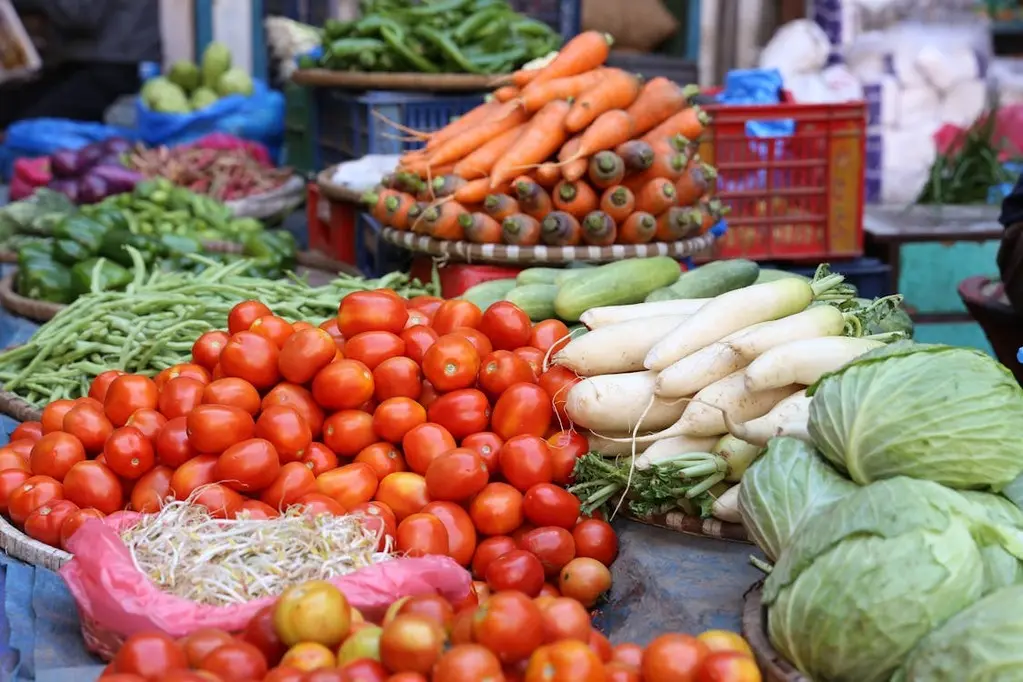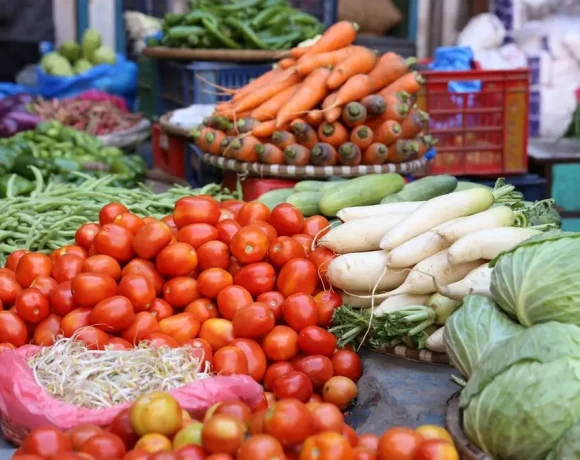Nigeria’s Food Security Efforts: Ensuring Affordable Food for All
Nigeria is taking steps to improve food security amid rising inflation, which has impacted food prices across the country. With a large portion of the population spending most of their income on basic food items, recent initiatives aim to make food more affordable, accessible, and available to Nigerians. The government has identified key challenges like high production costs, reliance on imports, and inadequate local supply, focusing on measures to strengthen the local agricultural sector.
Subsidized Food Programs
In response to rising costs, the government launched programs to sell staple foods, such as rice and grains, at subsidized rates. These subsidized sales, organized through designated centers and marketplaces, aim to help low-income households access food at more affordable prices. The initiative has been met with high demand, with citizens queuing at sales points to benefit from the reduced prices. However, some challenges, including limited supply at certain locations, highlight the need for broader distribution networks.
Boosting Local Production
To reduce dependence on imports, the government is promoting local agriculture by providing support to farmers. Subsidies for fertilizer, improved seed varieties, and access to farming equipment are being provided to boost productivity. Additionally, recent efforts to encourage agricultural innovation and sustainable practices aim to help farmers produce more food to meet the growing demand. Initiatives like training programs and partnerships with agricultural NGOs are also helping farmers learn efficient and climate-resilient techniques.
The Role of Private Sector and NGOs
Private companies and NGOs are actively participating in Nigeria’s food security initiatives. Many private organizations are investing in local agriculture, establishing food processing plants, and supporting smallholder farmers. NGOs play a critical role by distributing food to vulnerable populations, especially during periods of high inflation. These partnerships have helped expand the reach of food security programs and ensure that more Nigerians receive assistance.
Ensuring food security for all Nigerians is not just about affordable food prices—it’s about empowering local farmers, enhancing productivity, and building a resilient agricultural sector that can withstand economic pressures,” stated a spokesperson from Nigeria’s Ministry of Agriculture. “Through subsidies, training, and innovative partnerships, we are working towards a future where all Nigerians have reliable access to affordable and nutritious food.
A Path Forward for Sustainable Food Security
While these efforts are a positive step, more comprehensive solutions are needed for long-term food security. Experts suggest increased investment in infrastructure, such as better roads and storage facilities, to reduce food waste and improve market access. Continued support for local farmers and sustainable agricultural practices will be essential in creating a self-sustaining food system. Nigeria’s recent food security efforts underscore a growing commitment to ensure affordable food for all, addressing immediate needs while laying the groundwork for a stable agricultural sector.
Nigeria’s food security initiatives highlight a critical focus on both immediate relief and sustainable development. Subsidized food programs and support for local farmers have provided essential assistance to families struggling with high food costs. Yet, a self-sustaining solution will require continuous investment in local agriculture, infrastructure, and partnerships with private and non-profit sectors. With coordinated efforts, Nigeria can pave the way for a resilient food system that ensures all Nigerians have access to affordable, nutritious food for years to come.











